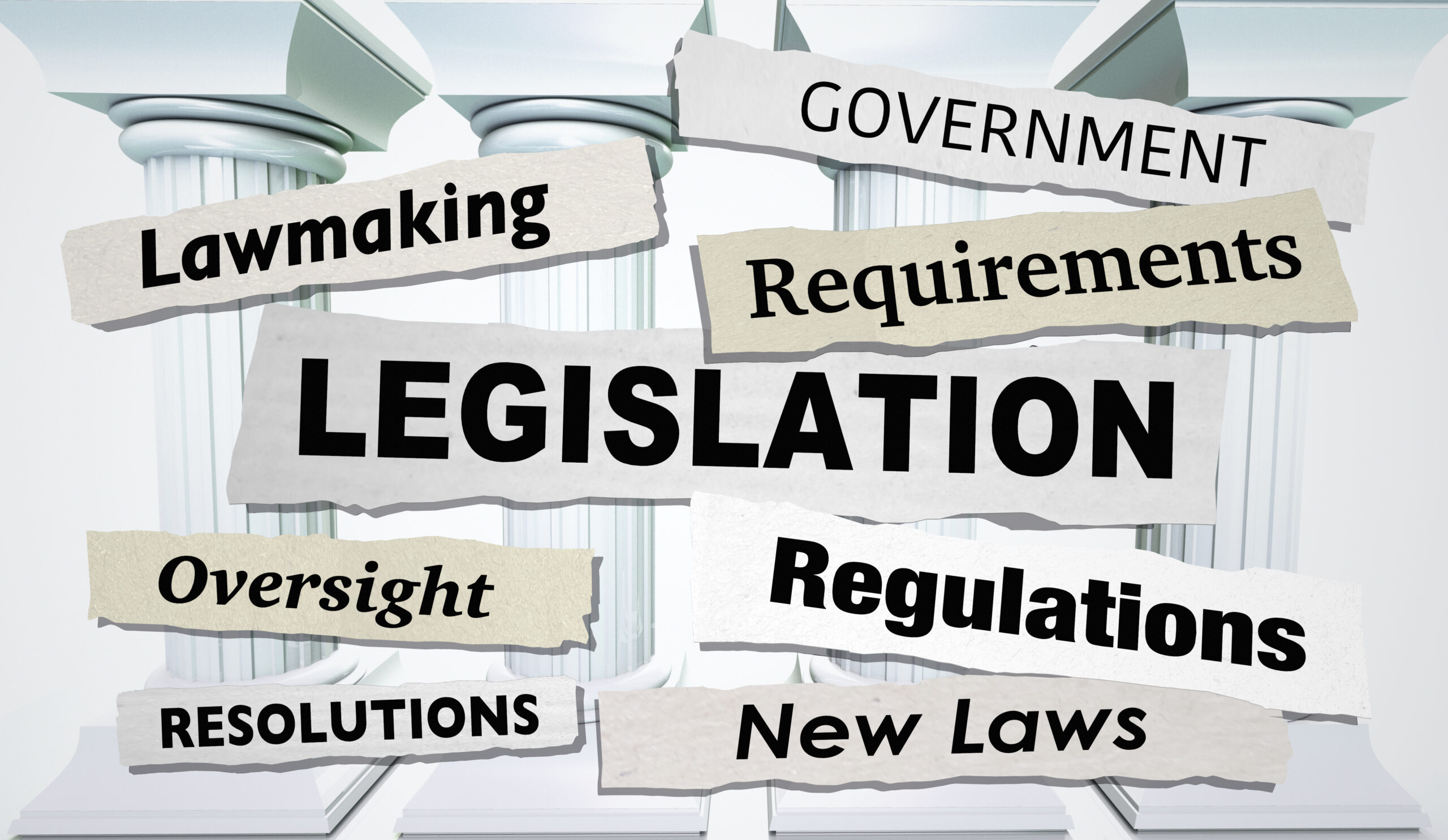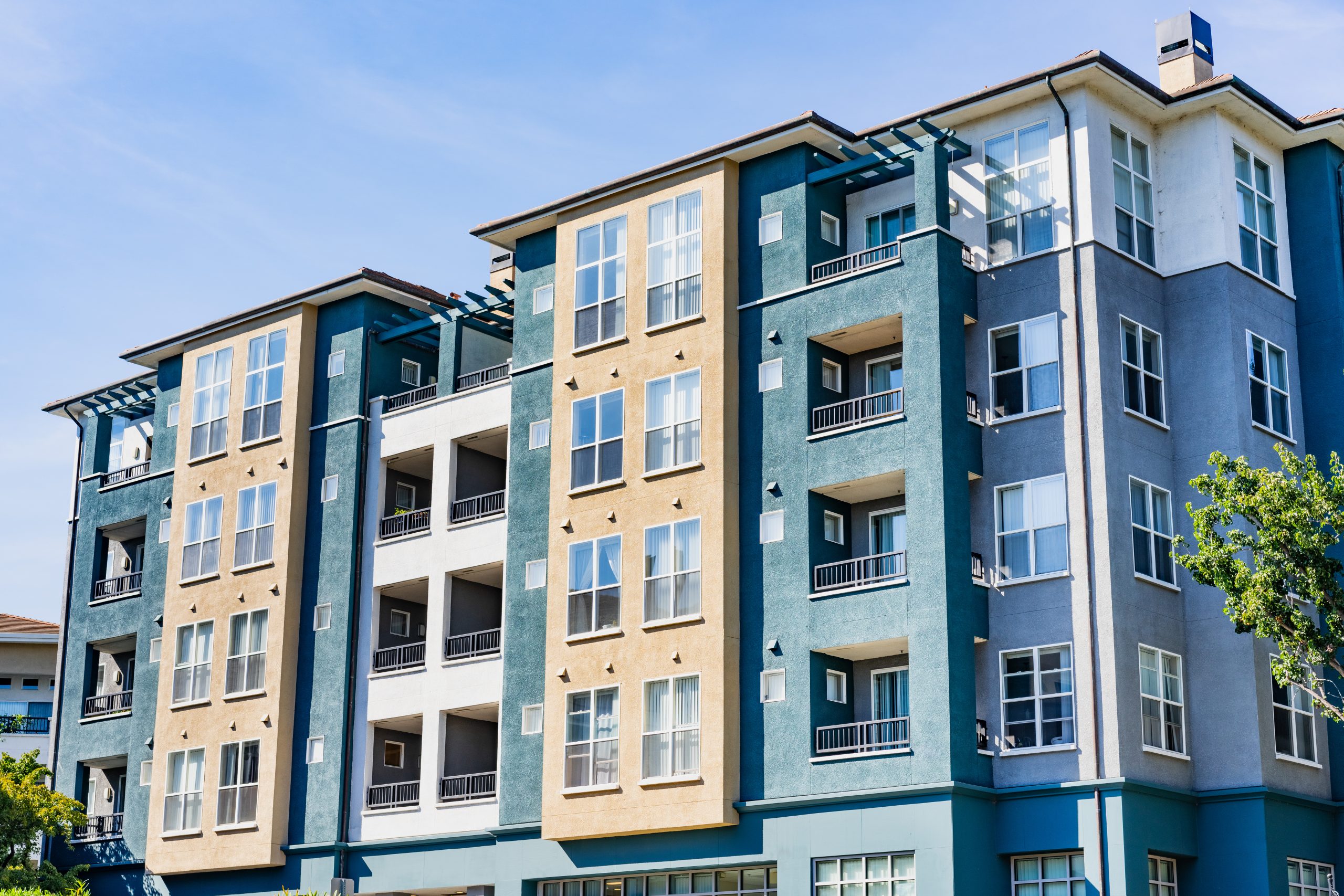The California legislature reconvened yesterday, after taking a summer recess. As previously reported, this year’s legislative session is packed full of pending bills with far reaching changes to land use controls and local controls of such. In this update, I provide the status of bills introduced related to the California Environmental Quality Act (CEQA), the State Density Bonus Law, accessory dwelling units (ADUs), parking, and housing policies. Bills previously reported in 2023 Legislation at a Glance – Part 1 or Part 2 and not discussed below failed to leave their house of origin and advance to their second house.
CEQA:
Many of the previously reported CEQA bills have failed to advance out of their house of origin. There are, however, some CEQA bills advancing through their second house to note, including:
- AB 1307 (Wicks and Luz Rivas) Residents’ Noise Not A Significant Effect. This bill, which appears to be in response to the University of Berkeley People’s Park project hang up, would amend CEQA to clarify that for residential projects, noise generated by the unamplified voices of residents is not a significant effect on the environment. A mirror bill, AB 1700(Hoover) failed to advance.
- AB 1449 (Alvarez) 100% Affordable Housing Exemption. This bill would, until January 1, 2033, exempt 100% affordable housing projects from CEQA. While there are other tools available to make 100% affordable housing projects ministerial and not subject to CEQA, e.g., SB 35 (2017, Weiner), there are no workforce standards tethered to AB 1449.
- AB 356 (Mathis) Aesthetics Not a Significant Effect. This bill would extend the current regulation, set to sunset January 1, 2024, that aesthetic impacts are not considered significant effects on the environment for housing projects involving the refurbishment, conversion, repurposing, or replacement of an existing building.
- SB 393 (Glazer) CEQA Litigation Underwriting Disclosures. This bill would require, upon request, a petitioner of an action attacking a project’s CEQA compliance to identify every person or entity that contributes in excess of $10,000 to the costs of the action.
State Density Bonus Law:
AB 1287 (Alvarez) Additional Density Bonus. This bill would allow up to an additional 50% density bonus for projects that (1) maximize the very low income, low income, or moderate-income units permitted under the current State Density Bonus Law and (2) provide up to 15% additional moderate-income units. A bonus up to 38.75% can be obtained by providing 10% very low-income units. 100% affordable projects would be eligible to receive five incentives or concessions. Previously, this bill was to modify the State Density Bonus Law to supersede the California Coastal Act of 1976 and up to six incentives or concessions for certain projects, but those provisions were removed.
AB 323 (Holden) Restricting Use of For-Sale Units as Rentals. This bill has progressed intact; it would prohibit a developer from offering a for-sale unit constructed pursuant to a local inclusionary zoning ordinance to a purchaser that intends to rent the unit to families of extremely low, very low, low-, and moderate-income families, unless the developer can prove that none of the applicants for owner-occupancy can qualify for the unit. Any violation would be subject to a civil penalty of not more than $15,000.
ADUs:
All but one of the bills previously reported on pertaining to ADUs (AB 1661) have left their house of origin and are advancing through their respective second house. The bills that advanced include:
- AB 1033 (Ting) ADU Condominiumization. This bill would allow a local jurisdiction to permit condominiumization and sale of ADUs separate from the primary residence.
- AB 1332 (Carillo) Pre-Approved ADU Plan Sets. This bill would require jurisdictions, by January 1, 2025, to develop a program for the preapproval of ADUs plans. Initially six sets of preapproved plans were to be prepared, but as amended, no amount to be published is set.
- AB 976 (Ting) No Owner-Occupancy Requirement. This bill would make permanent an existing prohibition to imposing an owner-occupancy requirement on an ADU that sunsets January 1, 2025.
- SB 477 (Committee on Housing) ADU Chapter. This bill would create a new Government Code chapter to house state ADU regulations. It has been amended to take effect immediately as an urgency statute.
Parking Controls:
All three bills relaxing parking controls previously reported on have advanced to their second house:
- AB 1317 (Carrillo) Unbundled Parking for Residential Property. This bill would require landlords to “unbundle” parking costs from rent for leases or rental agreements for residential property in Alameda, Fresno, Los Angeles, Riverside, Sacramento, San Bernardino, San Joaquin, Santa Clara, Shasta, and Ventura counties, commencing or renewed on or after January 1, 2025.
- AB 1308 (Quirk-Silva) Parking Requirements for Single-Family Homes. This bill would prohibit a local jurisdiction’s ability to increase the applicable minimum parking requirements of a single-family residence as a condition of approval to remodel, renovate, or add to a single-family residence.
- AB 894 (Friedman) Shared Parking. This bill would provide a pathway to activate underutilized parking (as defined) as shared parking spaces with other users, which would count toward meeting any automobile parking requirement.
Housing Policies:
While several previously reported housing bills have failed to advance, several have made it on to their second house, including:
AB 1485 (Haney) State Intervention in Actions Involving Violations of Housing Laws. This bill would grant the Attorney General an unconditional right to intervene in any lawsuit filed over a potential violation of an enumerated list of state housing laws, including, among others, the Housing Accountability Act, Housing Crisis Act of 2019, and the Density Bonus Law. This bill was amended to allow both the Attorney General and the Department of Housing and Community Development to intervene.
AB 1633 (Ting) Housing Accountability Act Protection Extended to CEQA Review. This bill would expand the Housing Accountability Act’s definition of “disapprove the housing development project” to include any instance when a local agency fails to issue an exemption, fails to adopt a negative declaration or addendum for the project, or certify an environmental impact report or another comparable environmental document. This bill was amended to include a sunset date of January 1, 2031.
SB 423 (Weiner) SB 35 Extension and Expansion. This bill would extend SB 35 (2017, Weiner), which is currently set to expire January 1, 2026, and expand its applicably as previously discussed. While the bill has remained intact, SB 423 has been amended with significant additions as follows:
- Limited Duration. Initially, SB 423’s extension was to be permanent but has since been limited to sunset January 1, 2036.
- Labor Standards. Skilled and trained workforce provisions are required for projects having habitable space above 85 feet in height.
- Local Enforcement. The bill would allow localities to take administrative action or sue a construction contractor for failure to comply with the ordinance’s workforce standards.
- Community Engagement. In areas designated as either a moderate resource area, low resource area, or an area of high segregation, a public meeting must be held before application submittal to provide an opportunity for the public and local government to comment on the project.
AB 1218 (Lowenthal) SB 330 Amendments. This bill would tweak SB 330 (2019, Skinner) by extending the protected unit demolition and replacement controls, which currently only apply to housing development projects, also to projects that are not considered housing developments. This bill would also place the restrictions on demolition of protected units and replacement requirements into a separate provision that will apply permanently, which otherwise would become inoperative on January 1, 2030.
We will continue to track these import pieces of legislation. September 14, 2023, is the last day for each house to pass bills. October 14, 2023, is the last day for Governor Newson to sign or veto bills timely passed by the legislature. Please stay tuned later this fall for a repeat of last year’s 2022 Housing Legislation Round-Up with a summary of relevant 2023 legislation signed into law. If you have any questions regarding any of the pieces of proposed legislation, please reach out to me.
Authored by Reuben, Junius & Rose, LLP Attorney Justin A. Zucker.
The issues discussed in this update are not intended to be legal advice and no attorney-client relationship is established with the recipient. Readers should consult with legal counsel before relying on any of the information contained herein. Reuben, Junius & Rose, LLP is a full service real estate law firm. We specialize in land use, development and entitlement law. We also provide a wide range of transactional services, including leasing, acquisitions and sales, formation of limited liability companies and other entities, lending/workout assistance, subdivision and condominium work.






